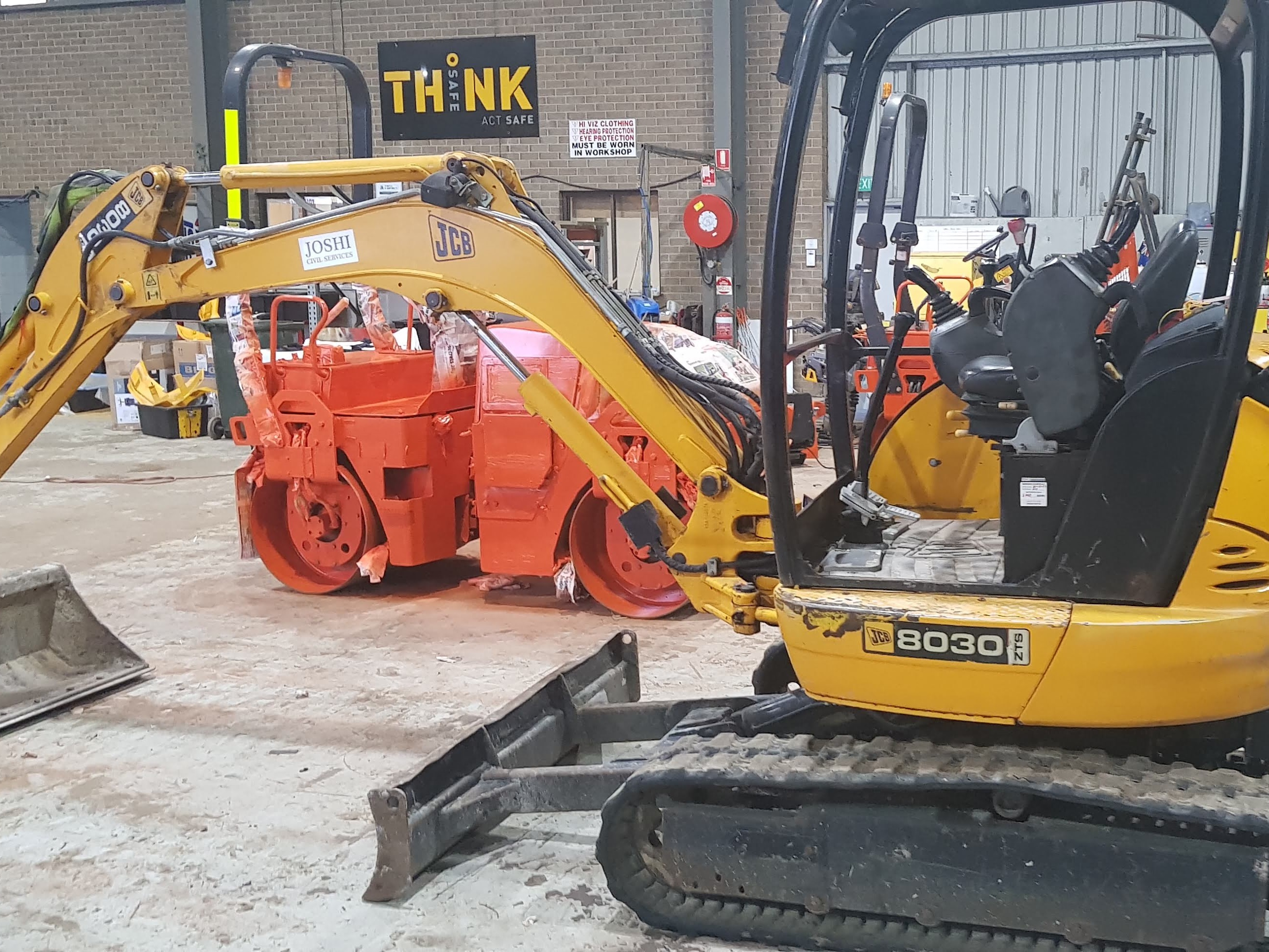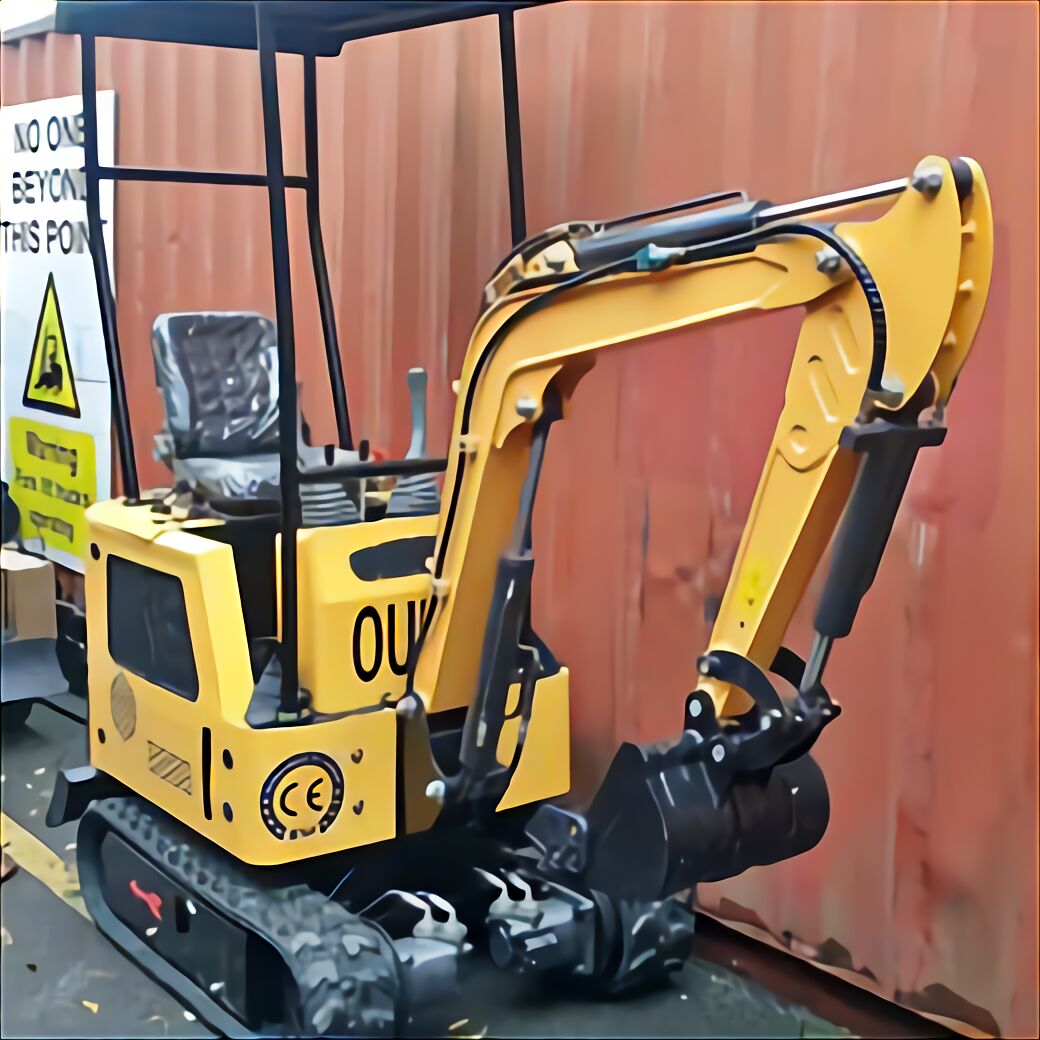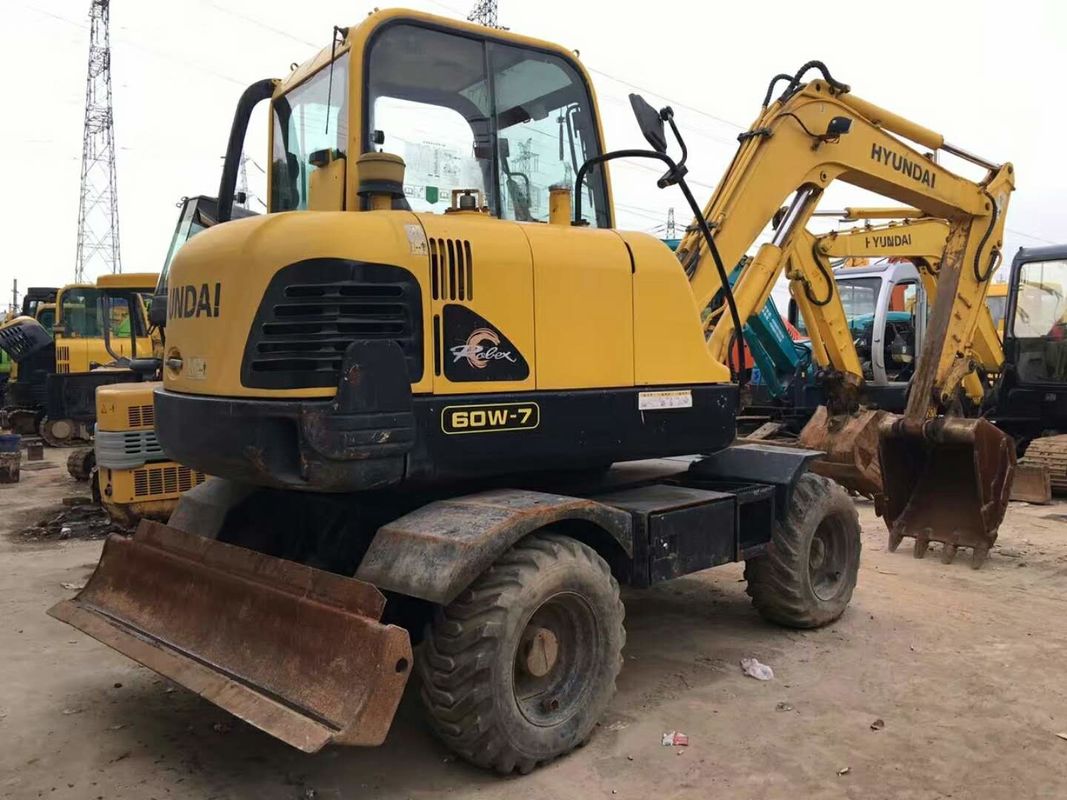Mini Excavator Second Hand For Sale – The buying and selling of companies, brands, and even entire industries can reshape economies, alter job markets, and redefine how goods and services are delivered. This creative process not only gives new life to old objects but also encourages people to think outside the box when it comes to the things they buy and use. The production of new goods often requires significant resources, such as raw materials, energy, and labor, while also generating waste and contributing to pollution. Whether it’s the affordability, the environmental impact, or the opportunity to find unique items, second-hand goods provide an alternative to traditional retail shopping that is both practical and sustainable. The role of business brokers and intermediaries has become increasingly important in today’s business-for-sale market. Once an agreement is reached, the final step is the legal transfer of ownership. Overpricing an item can lead to it sitting unsold, while underpricing it can result in lost potential revenue. People often feel like they are for sale, too, in various ways. It’s a world where even personal growth, self-actualization, and emotional healing are framed as commodities, available for purchase at any time, but only if you’re willing to pay the price. There are those who argue that not everything should be for sale. By choosing second-hand goods, consumers can help reduce waste, conserve resources, and lessen the demand for new production. In this sense, purchasing pre-owned items can be seen as a form of social responsibility, as it helps create a positive impact that extends beyond the individual buyer. Are there things that should be kept beyond the realm of trade? Or has the marketplace — with its insatiable demand and promise of exchange — seeped into every facet of our being?
If everything is for sale, then the concept of value itself becomes fluid, subjective, and often manipulated. The most obvious benefit is the cost savings. Historically, many products were made by local craftsmen, and there was a direct relationship between the creator and the consumer. In some cases, buyers may also acquire businesses with existing intellectual property, such as patents, trademarks, or proprietary technologies, which can offer a competitive edge in the market. The due diligence process helps the buyer understand the risks involved, the company’s market potential, and any legal or operational hurdles that may exist. For the seller, the goal is often to maximize the value of the business, which requires a clear understanding of the company’s assets, liabilities, and future earning potential. But is this a reflection of reality? Or is it an illusion we’ve created, an idea we’ve accepted in order to make sense of a world that increasingly revolves around consumption and profit?
At the core of this idea lies the assumption that everything, no matter how unique or rare, can be exchanged. Through online marketplaces and platforms, small businesses and independent creators can sell their goods to a global audience.

Used 6ton Excavator Second Hand Mini Excavator Hydraulic Crawler
Familyverified sellers onlyused marketplace leaders

2014 CAT 301.7D CR MINI EXCAVATOR JTHFD5173231 JUST HEAVY EQUIPMENT
Familyverified sellers onlyused marketplace leaders

XCMG Official Xe75da Second Hand Excavators Used Mini Excavators for
Familyverified sellers onlyused marketplace leaders

SecondHand Kobelco Sk55sr Mini Excavator 5.5 Ton for Sale Used Cabin
Familyverified sellers onlyused marketplace leaders

Second Hand Sany Sy75c Mini Excavator 7 Ton Digging Machine for Sale
Familyverified sellers onlyused marketplace leaders

Used Mini Excavator For Sale, Second Hand Excavators CEA Used
Familyverified sellers onlyused marketplace leaders

2014 CAT 301.7D CR MINI EXCAVATOR JTHFD5173231 JUST HEAVY EQUIPMENT
Familyverified sellers onlyused marketplace leaders

1 Ton Mini Excavator for sale in UK 68 used 1 Ton Mini Excavators
Familyverified sellers onlyused marketplace leaders

Used Compact Second Hand 7 Ton Sany Sy75c Diggers Mini Excavator for
Familyverified sellers onlyused marketplace leaders

Hyundai R60W7 Used Mini Excavator Machine , Second Hand Wheel
Familyverified sellers onlyused marketplace leaders
The first and most obvious reason is the tangible benefits they offer. These generations are more aware of the environmental impact of fast fashion, disposable goods, and the need to adopt more sustainable practices. Online business-for-sale marketplaces have made it easier than ever for individuals to find opportunities, compare businesses, and evaluate the potential of various investments. For sellers, online platforms can expand their reach to a global audience of potential buyers, increasing the chances of finding the right match for their business. For some, the thrill of hunting for unique, one-of-a-kind items is as much a part of the experience as the purchase itself. The market for second-hand goods is also influenced by societal trends and economic conditions. Beyond financial savings and environmental impact, second-hand goods also offer a sense of nostalgia and connection to the past. In a circular economy, items are kept in use for as long as possible, reducing the need for new resources and minimizing environmental harm. This shift from a linear economy, where products are made, used, and disposed of, to a circular one, where products are continually reused and repurposed, is a step towards a more sustainable and environmentally friendly world. When an item is marked as “for sale,” it enters a space where value is defined not only by the object itself but by the context in which it’s placed. For book lovers, buying second-hand books is an affordable way to build a library, and it can also be an opportunity to find rare or out-of-print titles that are no longer available in stores. When a person decides to sell something, they might weigh the pros and cons, debating whether it’s the right time or whether it’s really necessary to part with what they’ve had for so long. The dynamics of a sale can vary dramatically depending on the context. This is especially true in a world dominated by fast fashion, disposable electronics, and mass-produced products. In this world, emotions can feel like products, available to be consumed at will and disposed of when they no longer serve a purpose. While many artists and creators are forced to sell their work in order to make a living, there is still a sense of purity in the act of creation. It implies that there’s nothing off-limits, nothing beyond the reach of commerce. By purchasing second-hand goods, consumers help keep products circulating in the economy, giving them new life and purpose. Negotiation is often the most delicate part of the sale process. The adage “you get what you pay for” rings especially true in the realm of quality goods.
The role of business brokers and intermediaries has become increasingly important in today’s business-for-sale market. The sale and purchase of second-hand goods play a pivotal role in this transition, demonstrating how individuals can make a meaningful impact through everyday choices. For those on a budget or looking to stretch their money further, second-hand markets provide an opportunity to purchase goods that would otherwise be out of reach. Additionally, purchasing second-hand electronics can be a way to access high-end models at a lower price. The rise of minimalism and a desire for unique, vintage items has also played a role in the growing popularity of second-hand goods. Whether you’re the seller or the buyer, the phrase “for sale” is a reminder that everything in life is in constant motion, always moving toward something new, something different, something better. Quality goods for sale are not just limited to luxury items or high-end brands. The marketplace for second-hand items continues to grow, driven by economic, environmental, and cultural factors. Online platforms such as eBay, Craigslist, and Facebook Marketplace have made it easier than ever for individuals to sell their unwanted items to a global audience. The practice of buying and selling second-hand items has been around for centuries, but in recent years, it has seen a resurgence. Whether it’s funding education, supporting homelessness services, or providing medical assistance, the money spent in second-hand shops can contribute to making a difference in the lives of others. The democratization of commerce has opened up opportunities for millions of people, giving them the chance to pursue their dreams and create their own paths to success. For the buyer, a car offers freedom, mobility, and a chance to create their own story on the road. From online platforms to local thrift stores, second-hand goods offer an opportunity for consumers to access unique products, save money, and reduce their environmental footprint. Both the buyer and the seller are seeking the best possible terms, and finding common ground can be a challenge. Everything for sale. The world of second-hand shopping has also made quality goods more accessible. For some, the thrill of hunting for unique, one-of-a-kind items is as much a part of the experience as the purchase itself. There are those who argue that not everything should be for sale. This connection between consumers and the creators of quality goods is something that’s been fostered for centuries.